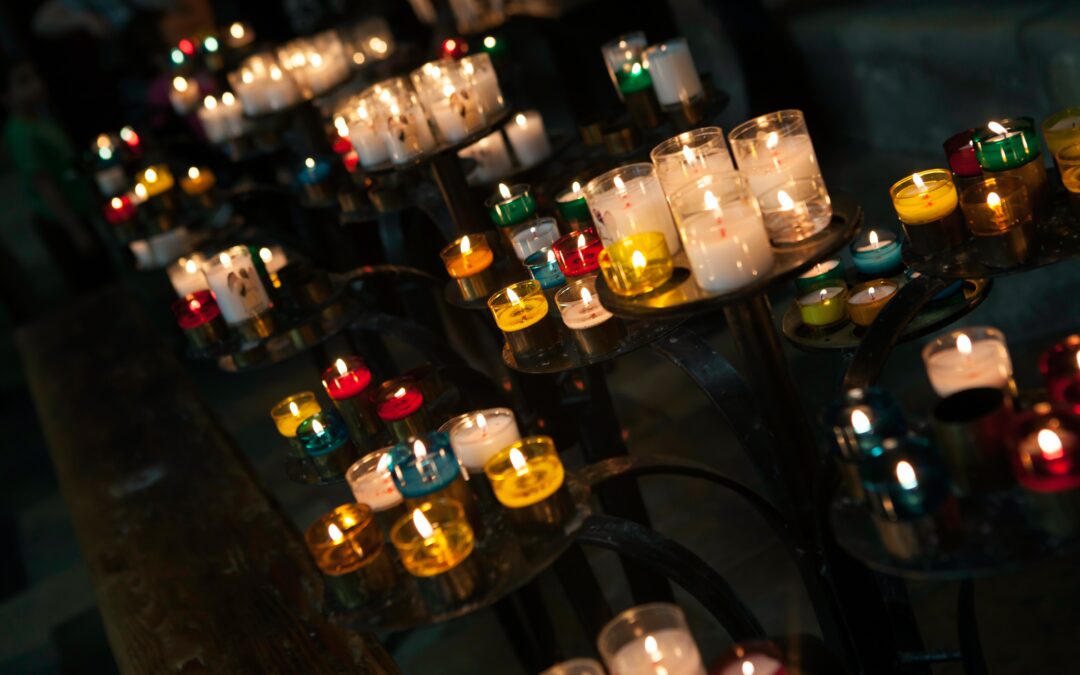In ancient Israel, as much of the Mediterranean Basin, with no police, no formal court system, justice comes at the hand of a kinsman-redeemer, an avenger (same term). In one case, you are involved in the tragic but accidental death of your neighbor. His brother, the nearest kinsman, now stalks you to avenge his brother’s death. Because of Moses’ law, he has no real choice in the matter: “The avenger of blood shall put the murderer to death when he meets him.” However, because it was not intentional, God has also provided shelter for you, in a city of refuge. So you flee to Golan, where the city leaders receive you as their sheltered guest until a hearing clears your name and you return home now reconciled with the former avenger.
In David’s 9th Psalm, Yahweh is our city of refuge and the adjudicator of our redemption: “The LORD is a stronghold for the oppressed, a stronghold in times of trouble. And those who know your name put their trust in you, for you, O LORD, have not forsaken those who seek you.”
Back in ancient Israel, this time it is your kin who has died tragically under the hand of another. Now you must seek justice on behalf of one you have lost. If you lack power to fulfil your obligation, you need another near kinsman to fulfil the requirement recognized at Abel’s death (“the voice of your brother’s blood is crying to me from the ground”) and codified after the flood (“Whoever sheds the blood of man, by man shall his blood be shed, for God made man in his own image”). There is an established order of relations you must follow to arrive at the next nearest kin (just as Ruth learns from Boaz before their levirate-esque marriage), but that person will become the avenger of blood—the one to do what seems impossible, to make your loved one’s loss right.
We intentionally set aside some days to memorialize those whose lives have been cut short, such as Memorial Day. Other days set themselves apart: the first holidays without a loved one; or each anniversary of their passing. The darkness and disorientation sometimes attending those who experience such memorials most personally is the inward plea for an avenger to rise and make things right. In the same Psalm mentioned above, David reverses the image, declaring we have a near kinsman, a relentless avenger to overcome the despair that there is no way to make right the deaths of innumerable young lives lost at war, or to disease, or to accidents, or to any other cause: “Sing praises to the LORD, who sits enthroned in Zion! Tell among the peoples his deeds! For he who avenges blood is mindful of them; he does not forget the cry of the afflicted.”
To all who have loved and lost: you have an avenger, a kinsman-redeemer, who hears your cry, and will not stop until all is made right. To a week remembering, trusting, and serving him.

